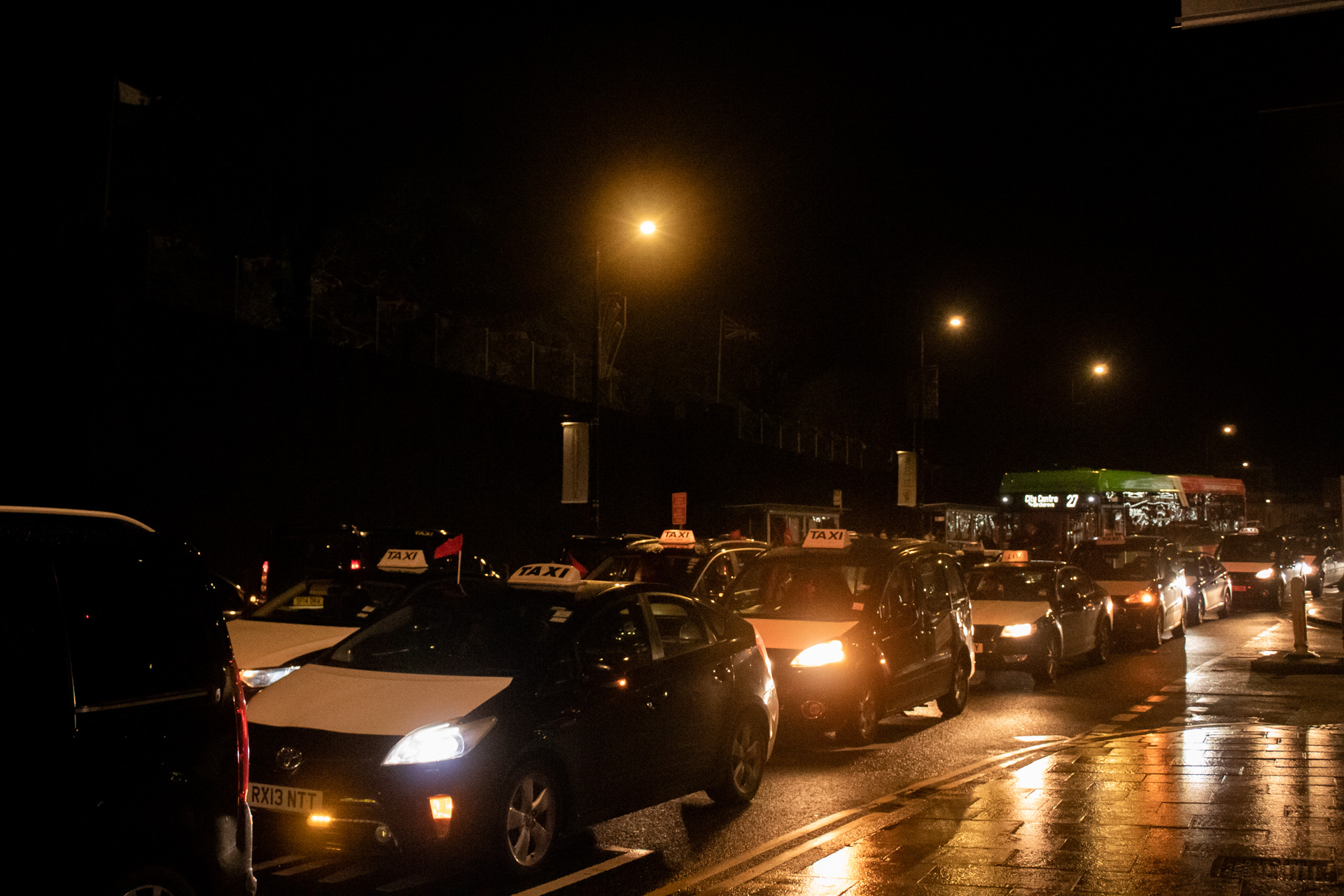
Cardiff Cabbies Strike Against Plans To Allow More Taxis On Roads
Up to 100 taxi drivers brought Cardiff city centre to a standstill last week.
Cabbies in the Unite union are angry over Council proposals that they say will increase competition and force many out of work.
Noisy protest comes amid soaring inflation with drivers struggling to pay bills and support their families.
Words and images by Adwitiya Pal. Cover image: Cars block the road in Cardiff last week.
Cardiff’s city centre was witness to a deafening wave of honks from the winding queue of black and white cabs last Thursday evening, as hundreds of taxi drivers in the Unite union came together to protest against unfair treatment by the Council.
The demonstration was against Cardiff Council’s plans to remove the restriction cap on the number of Hackney licence vehicles in the city, a move which they hope will see the entry of more Euro 6 and electric vehicles. The moratorium has been in place since 2010.
Tariq Majid, a taxi driver for five years and a committee member of Cardiff Hackney Alliance, said, “The Council’s decision to introduce another 200-300 taxis to a city that already has too many hackney taxis absolutely does not make any sense whatsoever.”
The council claims that the move will increase the number of lower-emission, electric vehicles on the road by incentivising drivers to buy them, as it looks to act on its commitment on improving air quality in the city. But cabbies say that whilst they support the goal of lower emissions, it will increase competition in the workforce and rob the poorest drivers of their income. They point to the high cost of electric vehicles as a major barrier.
The protest started at 6 PM from Westgate Street with almost a hundred honking taxis lining up behind one another as they drove slowly all the way around St Mary Street through to Castle Street. The demonstration was organised by the Hackney Alliance Branch of Unite Wales.
“We had to show some kind of frustration, and we’re limited in which ways we can protest. This was the one that we chose,” Tariq told voice.wales, adding that no consultation had been held.
This policy, according to Cardiff Council’s Public Protection Committee, has resulted in a very low take up of the Welsh Government’s Electric Taxi Scheme in Cardiff compared to the rest of the 10 local authorities in the country. “If the moratorium were removed, this would enable any licensed hackney carriage/private hire vehicle driver to take advantage of this scheme,” said the Council in December.
However, with the trade having faced tough times during lockdown, and the advent of Uber, drivers are struggling to make ends meet in the cost of living crisis. Unite claims that removing the moratorium will have an impact on jobs, pay and work conditions to levels from which they may never be able to recover.
Md Anamul Munir, a driver for seven years and a member of Unite union, said that taxi drivers today are not even able to make minimum wage. “We are stuck waiting at taxi ranks for an hour, sometimes even two hours for a single customer. And depending on how far the customer is going, I end up getting just £6 or £8. We have to pay our bills and feed our families. This is our main job, we are really suffering.”
As of December 2022, there are more than 700 actively licensed hackneys in Cardiff. However, according to Unite, there is only enough rank space for 23 vehicles in the city centre. Sanwar Ahmed, Branch Secretary of Cardiff Hackney Alliance said, “As it is, Cardiff city centre cannot cope with the current numbers on the road, and drivers are finding it very difficult to park in the ranks and work properly.”
Sanwar said that the lack of parking space forces drivers to park illegally, not only causing safety issues and traffic congestion, but also resulting in hefty fines from parking officers. “They are getting fines sent to their homes while just trying to do their daily work in the city centre.”
Md Anamul shared his experiences of being struck with multiple £30-40 fines for parking at bus stops since there was nowhere for him to go. “They don’t see that we don’t have any parking space, they just give us tickets,” he said.
While the introduction of Euro 6 emission and electric vehicles in the taxi fleet will be helpful for the environment and reduce the carbon impact in the city, Tariq Majid said that it only enables people who are already well-off and can afford to buy modern, expensive cars to enter the trade and increase competition for drivers struggling to make a living.
“A lot of drivers would love to upgrade the car they have now, but it’s unaffordable,” he said. “It is not a case of ‘we don’t want electric cars, we don’t want to lower emissions’. We are all for cutting down emissions and CO2, we are not saying we are against it. But it’s not the right time.”
One driver representative told voice.wales that the situation should also be seen in the context of some 90% of the trade coming from a Black, Asian or Minority Ethnic background, and many living in some of Cardiff’s poorest wards. They said after having voted Labour in recent council elections, they now felt let down.
Tariq said the latest proposals are the final straw for many drivers who feel the council is against them. “All taxi drivers have the same problem with their feet on our necks, we are coming together out of frustration now,” he said.
Md Anamul, sitting in his car parked at a rank lining up with taxis after the protest, conveyed similar feelings of being overlooked. “They should see the situation and look after us, but they don’t. I don’t think they care about taxi drivers.”
Sanwar Ahmed said, “We want an open dialogue with Cardiff City Council, and find out what are the future plans. Why not come to the table and help the current drivers in implementing whatever you’re trying to implement.”
Following the protest, a spokesperson from Cardiff Council has told voice.wales, “The proposals will be subject to full consultation, and a final decision based on the outcome of that.”
As of now, Cardiff Hackney Alliance and Unite are planning the next steps should the Council decide not to have discussions with the drivers about removing the restriction cap. But taxi drivers, along with many other workers in different sectors, feel that they are at a point where they can’t go on anymore like this and need to stand up for their profession and livelihood.
One taxi driver, poking his head out of the car at the rally, said, “I’m going to lose everything, I’ve got my house to lose, I’ve got everything to lose. I need to fight for my rights, I need to fight for my job. I need to live, I need to survive.”
Another driver said, “If the Council is listening, tell them that we are just getting started.”
A spokesperson for Cardiff Council said: “No decision has yet been made by Cardiff Council on the restrictions or requirements based on the age and emissions from Hackney Carriage or private hire vehicles.
“Cardiff is the only local authority in Wales to still have a cap on the number of black & white Hackney Carriages Licences issued. The removal of the cap is in line with guidance from both the Department for Transport and the Competition & Markets Authority (CMA).
“A six week public consultation will take place at the end of January on whether to remove the moratorium for Hackney Carriage Licenses. The results of the consultation will then be reported back to Cardiff Council’s Public Protection Committee who will consider the results and decide whether the moratorium should be removed.”
PhotoReel (scroll for more images)

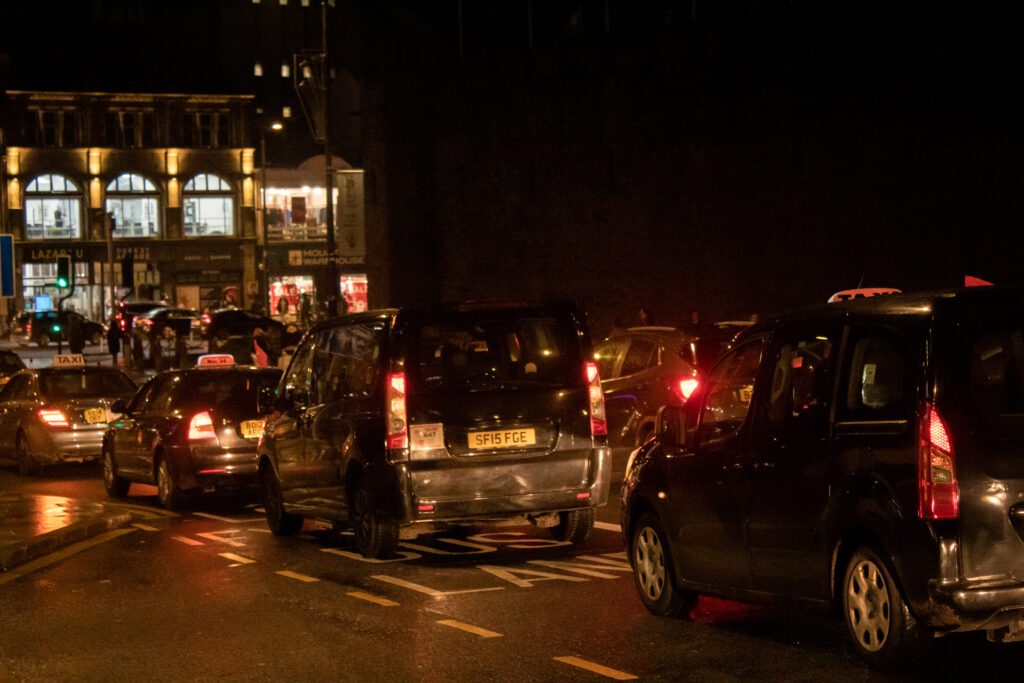
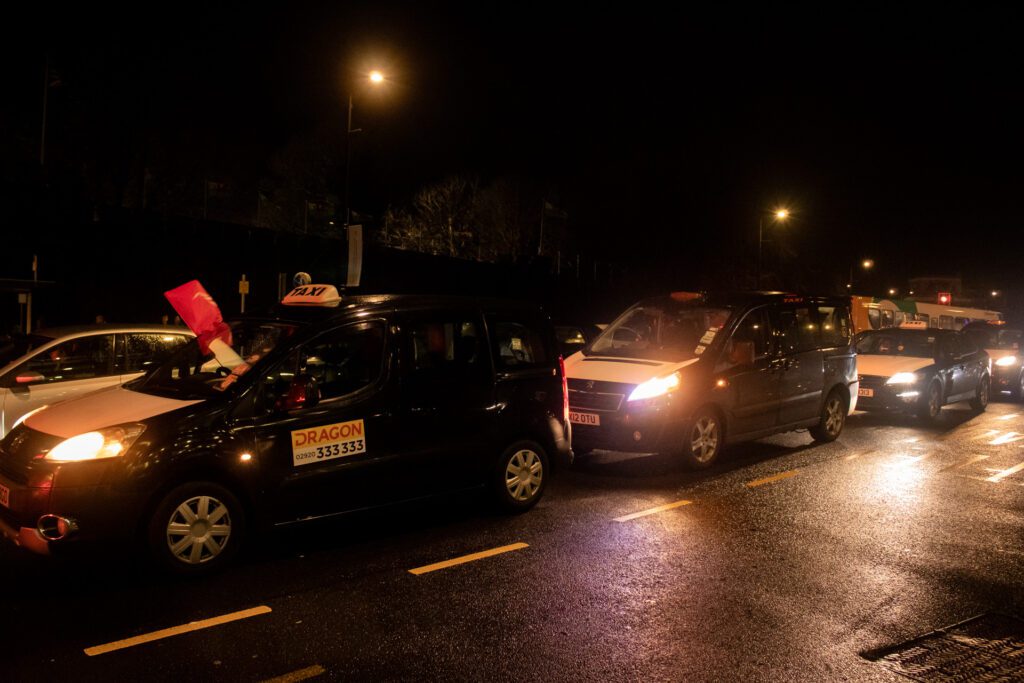

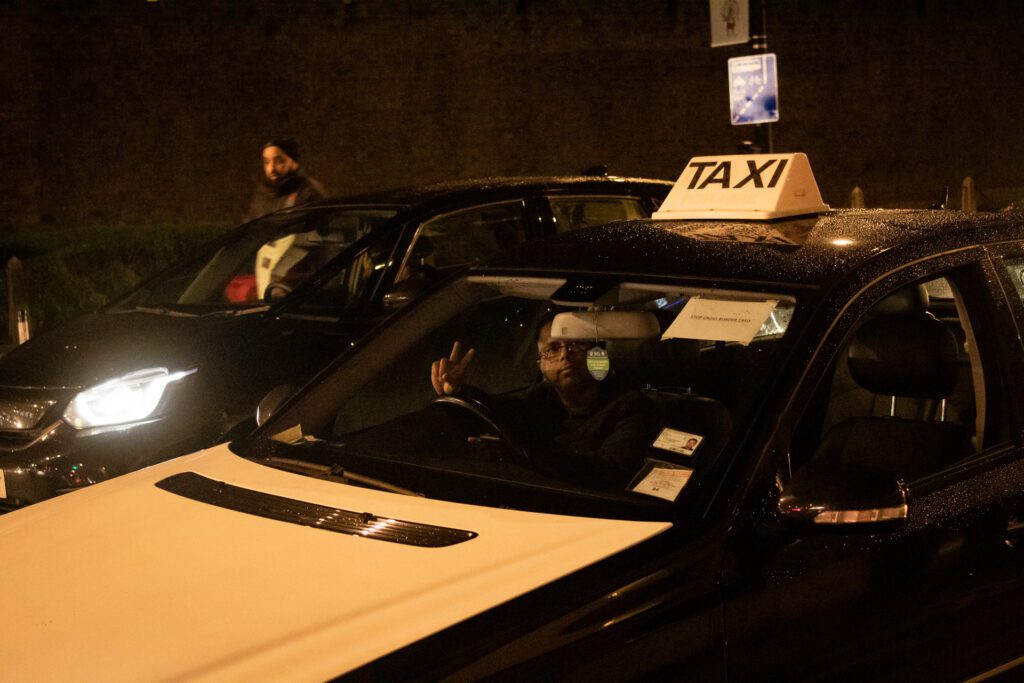
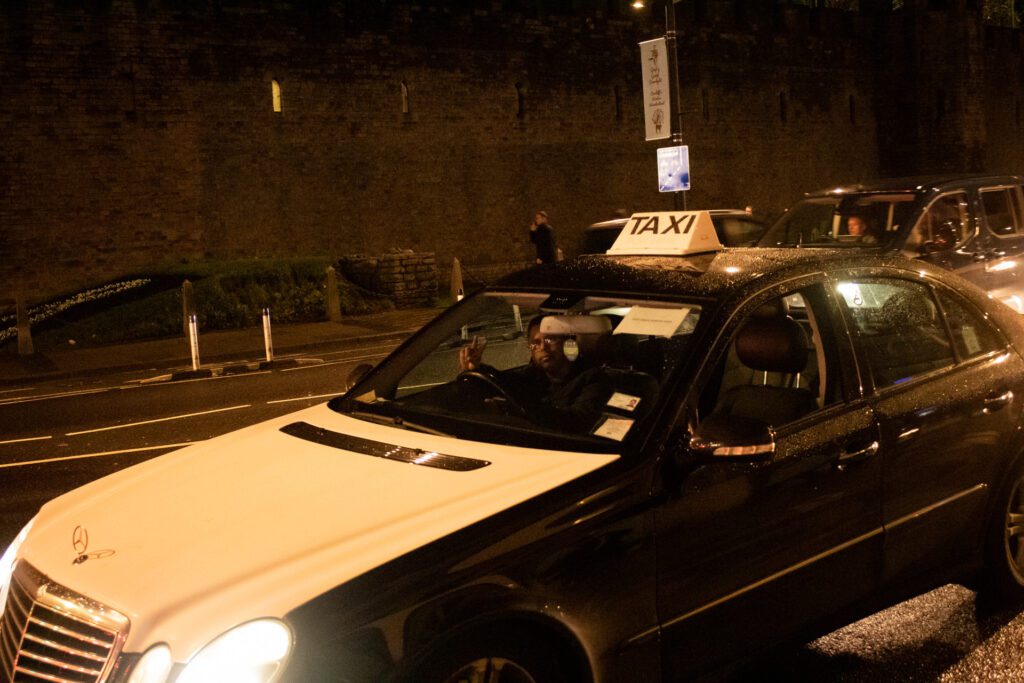
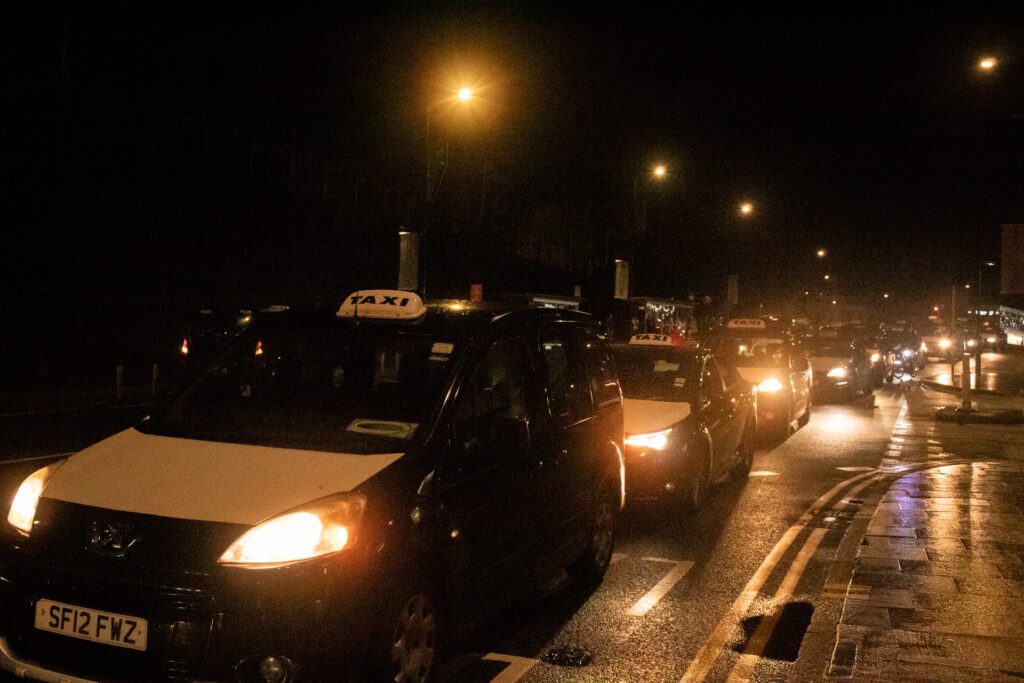
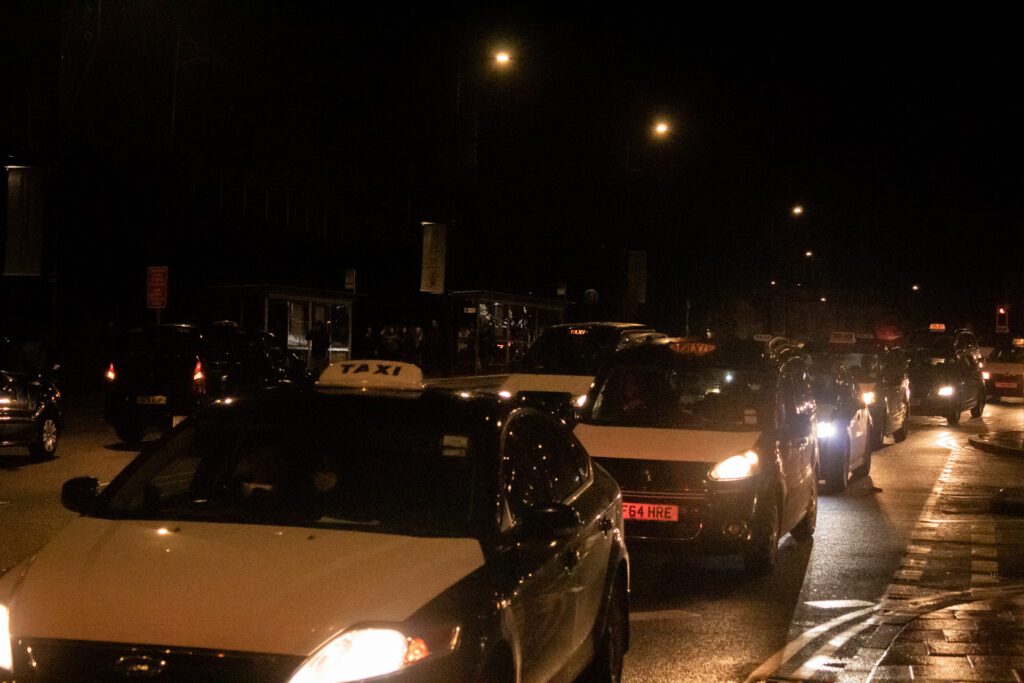
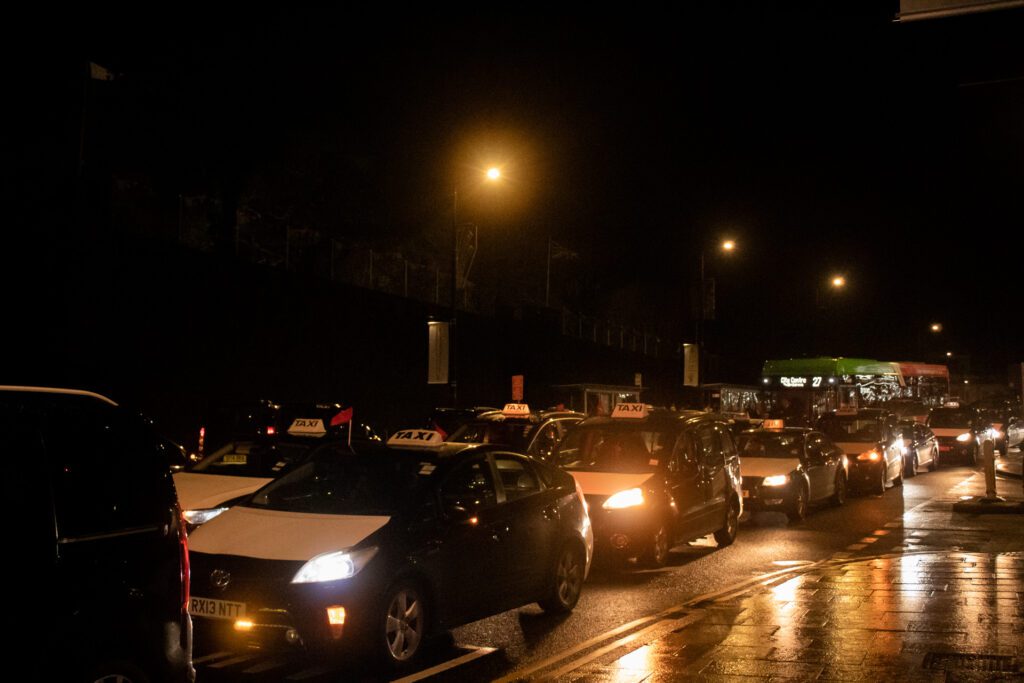
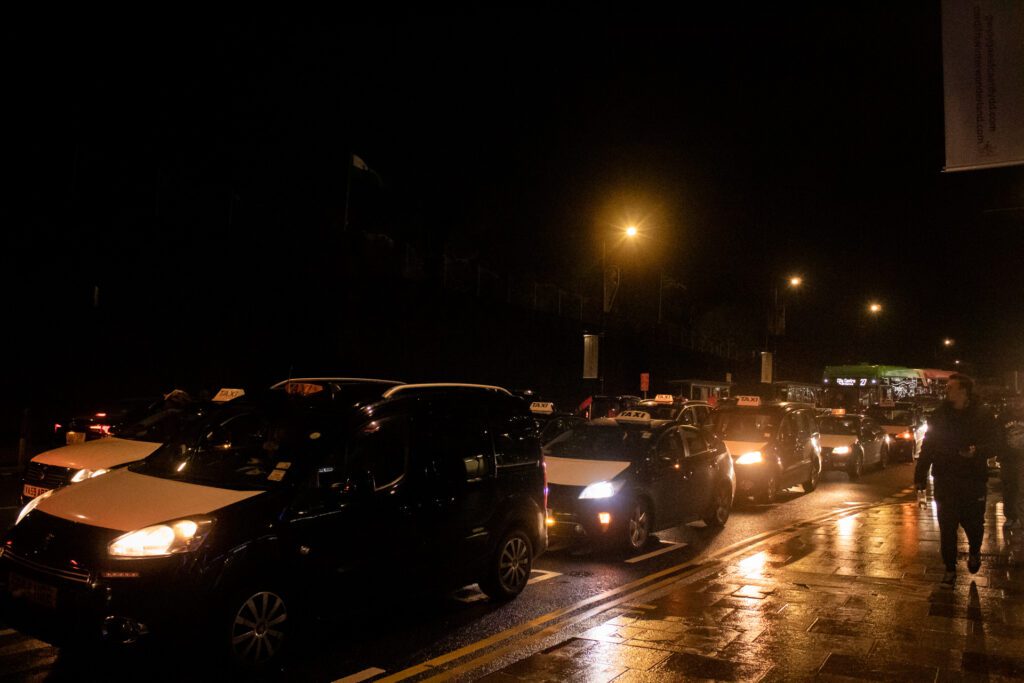
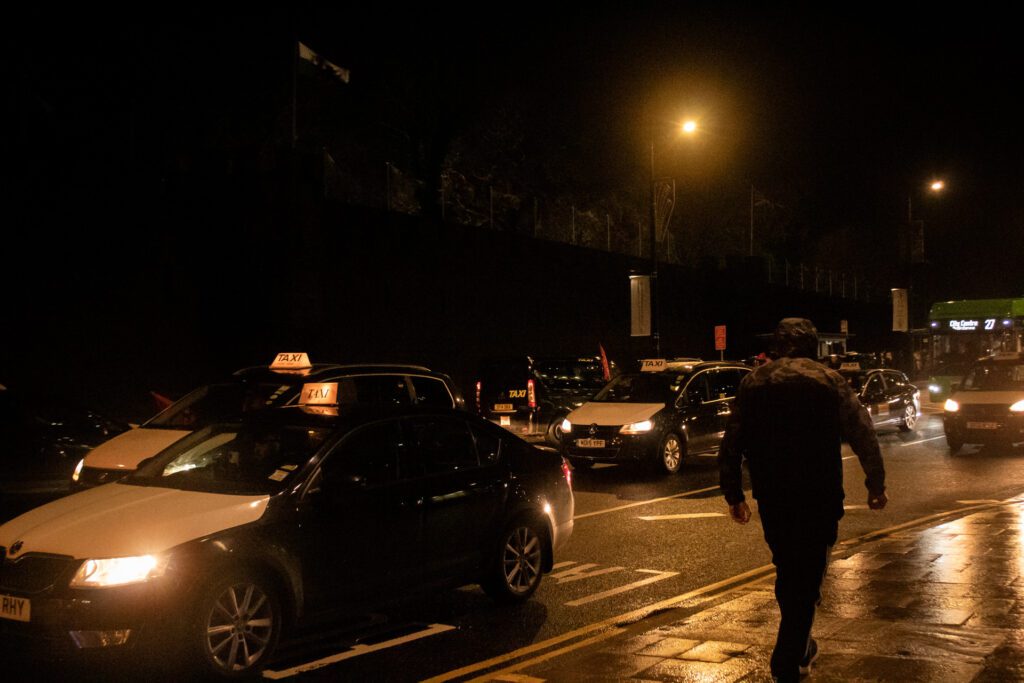
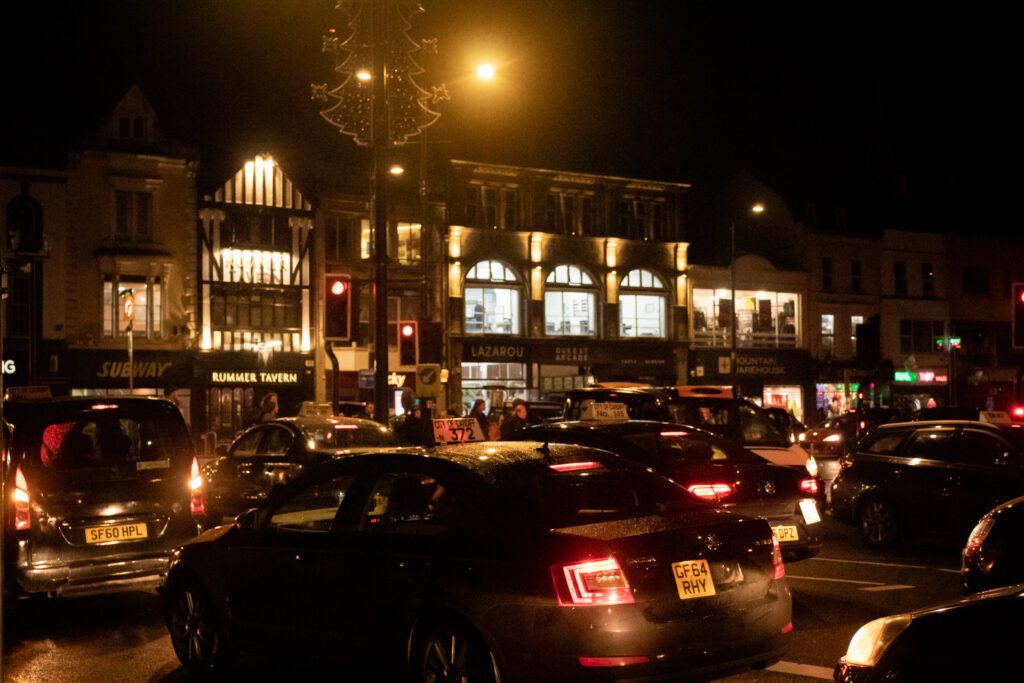
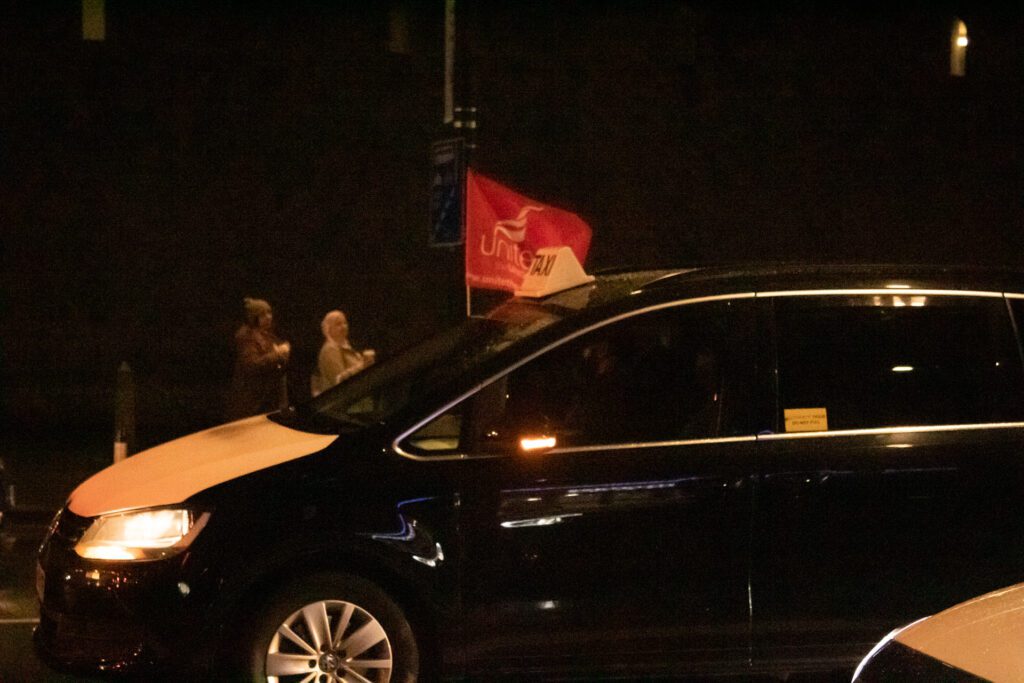

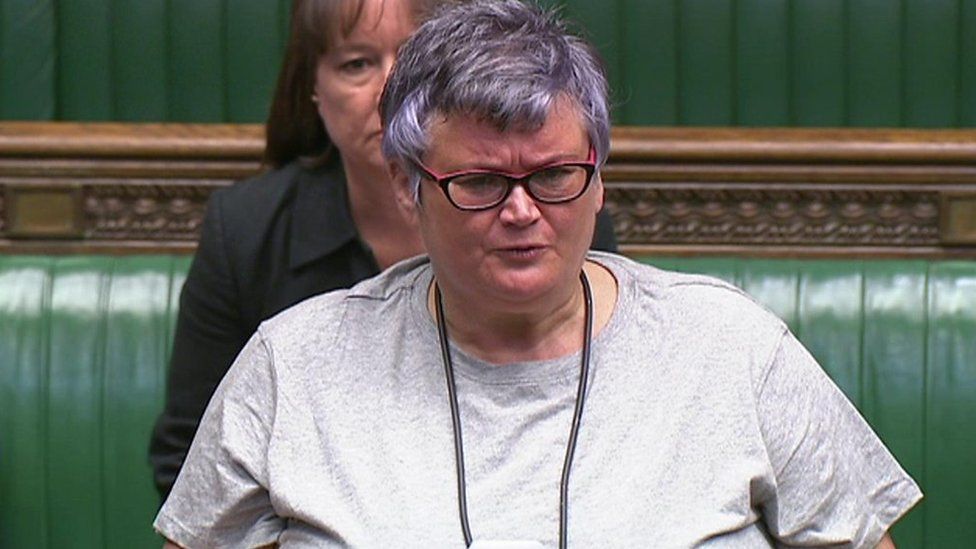
1 Comment
Comments are closed.